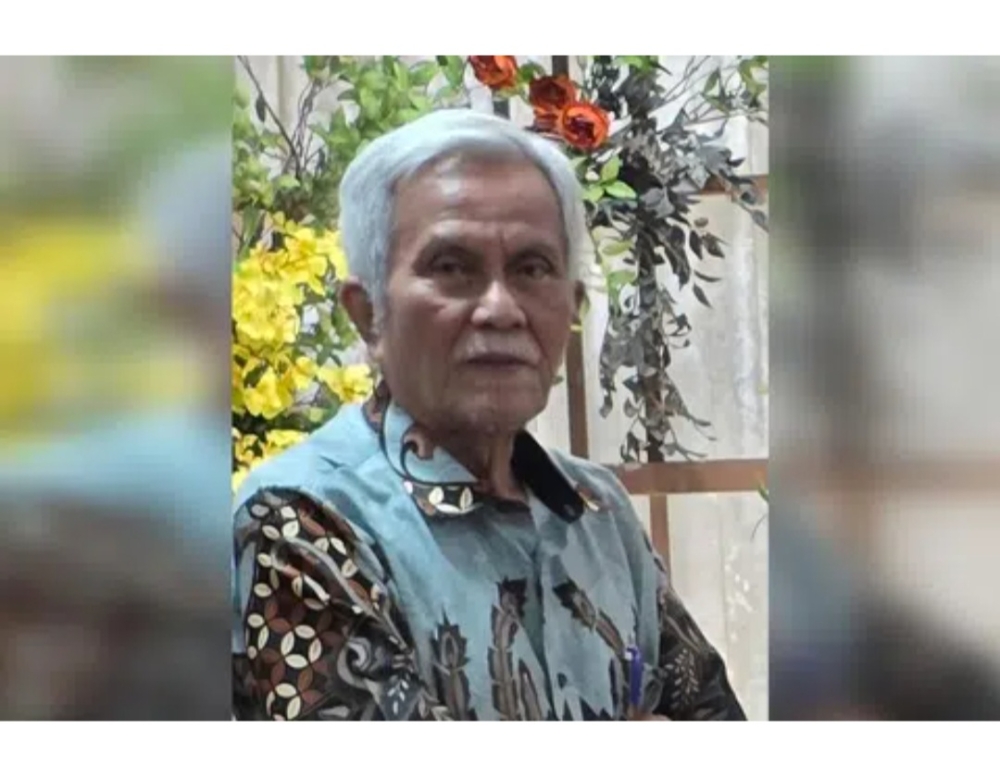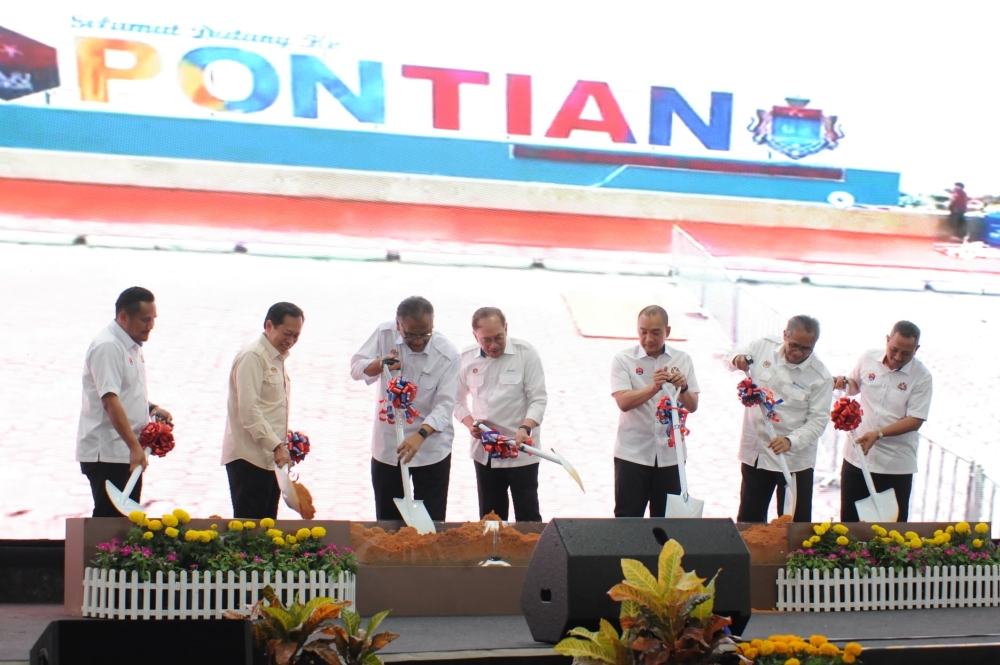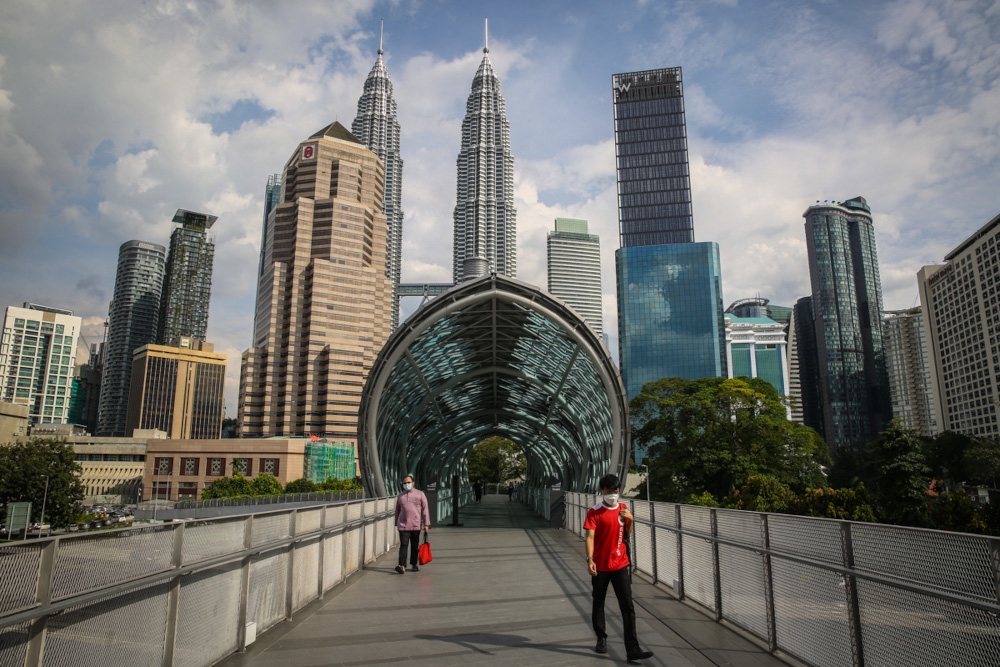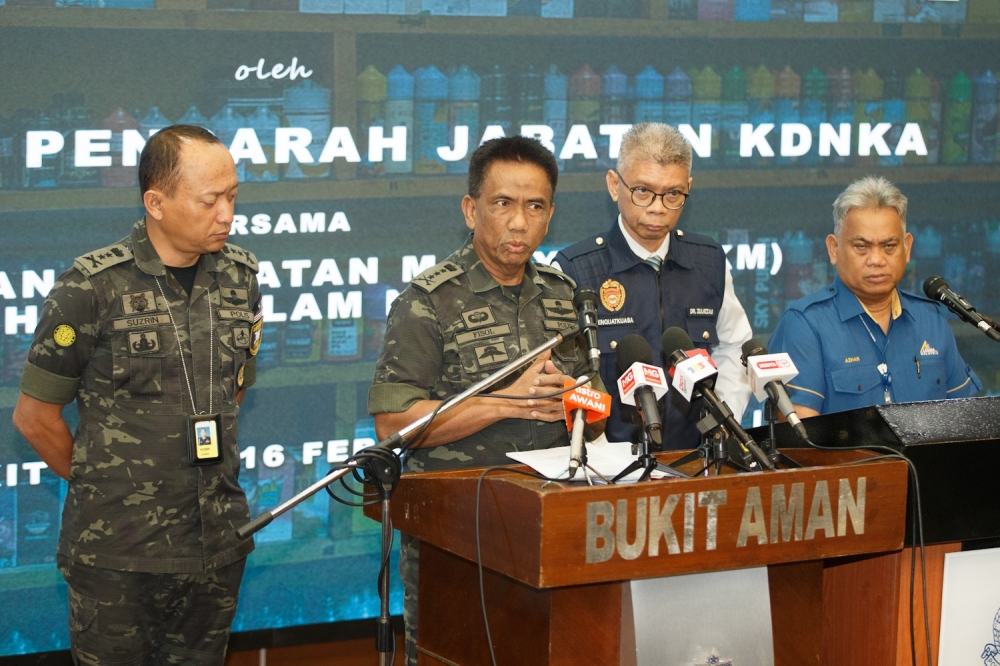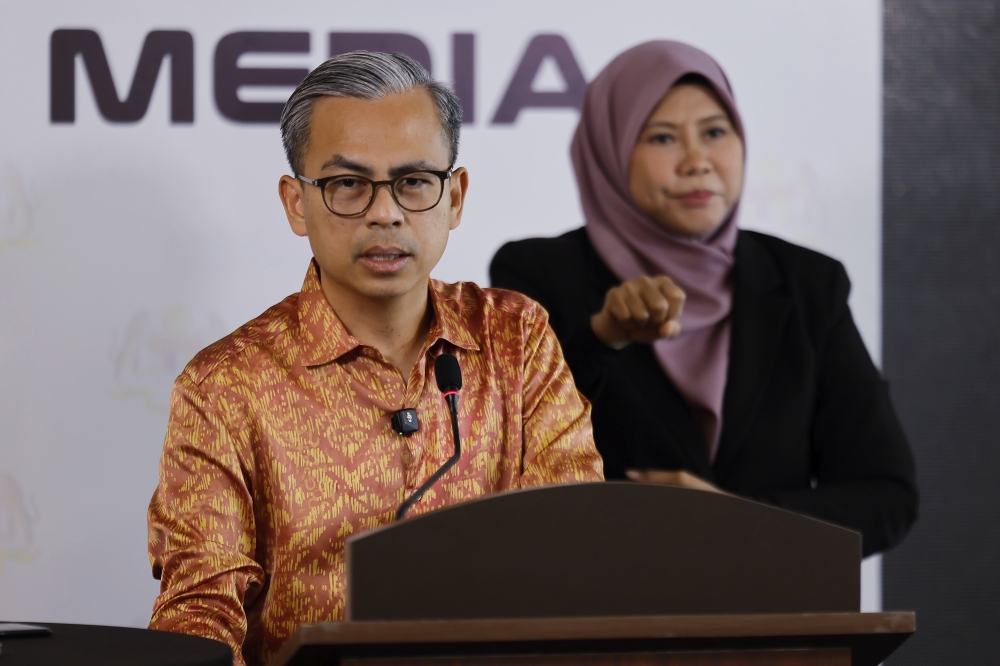MAY 15 — Almost 8,000 people filed into voting rooms on September 26, 2020 in Bengkoka, Sabah. There were 11 names to pick from to be their next assemblyman.
Not sure if they used A4-sized paper as ballots to factor the unprecedented number of candidates.
It was also during the Covid-19 lockdown, a lot of gloves and protective gear were presumably involved.
Eleven names. Aminah Ambrose was one of the independent candidates.
Her husband Amir Kahar Mustapha was a candidate in adjacent N01 Banggi.
Anyway, 11 names. Too many?
This is quite a question, more so since the Sabah elections are scheduled for this year.
Associated implications extend to the rest of the country. Mindful, a general election happens no later than 2027.
There’s the party perspective, and then the voter’s angle and finally the overall democratic value of pre-election deals.
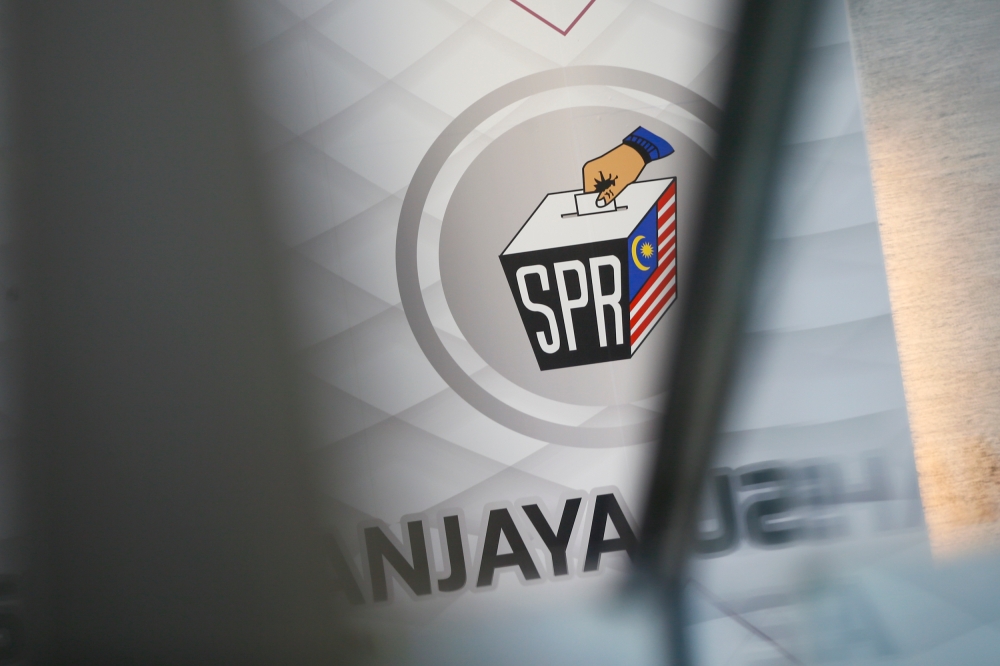
A party view
Too many candidates, too complicated a pool and too many winners with far less than half the casted votes naturally invite arrangements to negate.
Currently, all the key parties and their coalitions in Sabah are keen to broker deals. To have statewide agreements, so that Sabah voters do not have to bother with too many candidates.
That’s one way to look at it. To simplify things.
The other being, parties want to have agreements so that they can piggyback off each other and increase their win chances.
GRS can contest on its own for the 73 seats and possibly win all of them. But they will face BN, Pakatan Harapan, Warisan and Perikatan Nasional (PN), and a coterie of minor players like Parti Gagasan Rakyat Sabah (PGRS) and Parti Cinta Sabah (PCS).
It’s much tougher, and they may end with only 11 as they did in 2020.
Electoral agreements can be win-win for participating parties, in theory.
If GRS worked with BN and Pakatan, which it co-operates with at the federal level, it only needs to fend off a sluggish PN and downward spiralling Warisan, to get a good number of seats.
Better to contest 25 seats and win them all with the help of BN and Pakatan — and keep the chief minister position — some minds in GRS might be forgiven to countenance.
It is literally a playground fight. Round up the strongest and beat the rest.
It wins the playground but then the playground needs to be governed. If too many actors, or the proverbial cooks, are in the kitchen won’t that ruin the policy broth?
In our obsession to stave off instability during elections it is comfortably ignored that the purpose of winning is to govern. That stable elections do not guarantee stable administrations.
Is it not sensible to ask before ganging up whether post-victory these new friends want to take the country in the same direction? If to govern is gift enough because not consigned to the opposition bench, then it is exactly gila kuasa in the local lexicon.
In short, what do BN, Pakatan and GRS have in common when it comes to ideology which shapes policies?
The honest answer is a lot. But that is for all the wrong reasons.
Voters weigh in
Elections allow voters to choose their leaders.
In a parliamentary system, voters only elect their state and parliamentary representatives. Which disappoints, for only Tambun and Pagoh voters were able to directly support or reject Anwar Ibrahim or Muhyiddin Yassin in the 2022 General Election.
Too many candidates can be a nuisance but a negligible problem. The greater fear is pre-election deals force impossible candidates upon voters. Selangor’s Dusun Tua in 2023 offered three candidates; the PN coalition named a PAS candidate, the BN-PH partnership forwarded an Umno veteran and MUDA submitted a candidate. Me the voter is dumbstruck.
Not voting is not an option. An election is not a buying decision — one victor decides who runs the state, and voters live the outcome. PN is an existential threat, I rather be punched in the face than to vote Umno which institutionalised race politics and MUDA cannot even explain if it is age-capped.
So, in this double jeopardy, when pre-election deals are made, a substantial number of voters are hurt by both being stuck in the parliamentary seat race and with dead options in said race.
Democracy steps out
There’s a dude in my WhatsApp group intent on reminding the weaknesses of democracy.
First past the post, or even progressive methods like proportional voting suffer at the hands of multiple interests manipulating elections which are snapshots. No one cares if you changed your mind a week later, you have to live with your choices on election day.
It is worse leading to worse, except the other option of not having elections at all is monstrous.
Elections are minimums in a democracy. Functioning elections are celebrations of democracy.
Elections are tools and its players are expected to appreciate the principles of representation and not to blow up wedge issues to collect votes through divisions.
Pre-election deals which ignore the need for principle or ideology alignments or subject voters to objectionable candidates work against the democratic spirit. They are mired in the interest to secure power rather than contest ideas.
Eleven is better than compromised two
There is no right number of candidates.
But this fixation of formalised pre-election deals to mimic the post-election solidarity displayed at GE15 to form a unity government is a curious and dangerous experiment in stabilising the country through stable elections.
The permanent state of negotiation for support rather than persistent policy debates among political parties to compete for voter support risks subverting Malaysia’s democratic growth.
All of these are complicated and require prolonged discourses in universities to mamak stalls, by the rich and poor, professionals and gig workers.
What I cannot fathom are those who claim they want to sanitise politics. Power and the rationalising of it is messy because voters are messy. Our lives are messy.
That is a call to facilitate and broaden discourse, not avoid them. Sanitise is a euphemism to remove democratic rights like debate and choices from the rakyat.
These backroom deals without logical frameworks are attempts to sanitise. To simplify paths to power, not simplify the rakyat’s lives.







